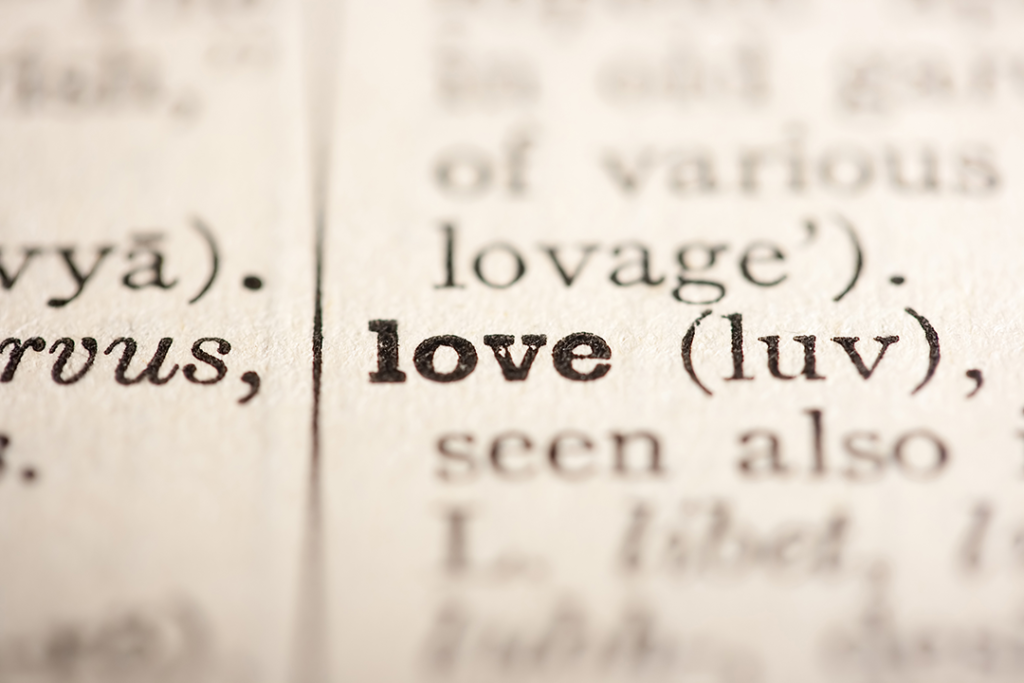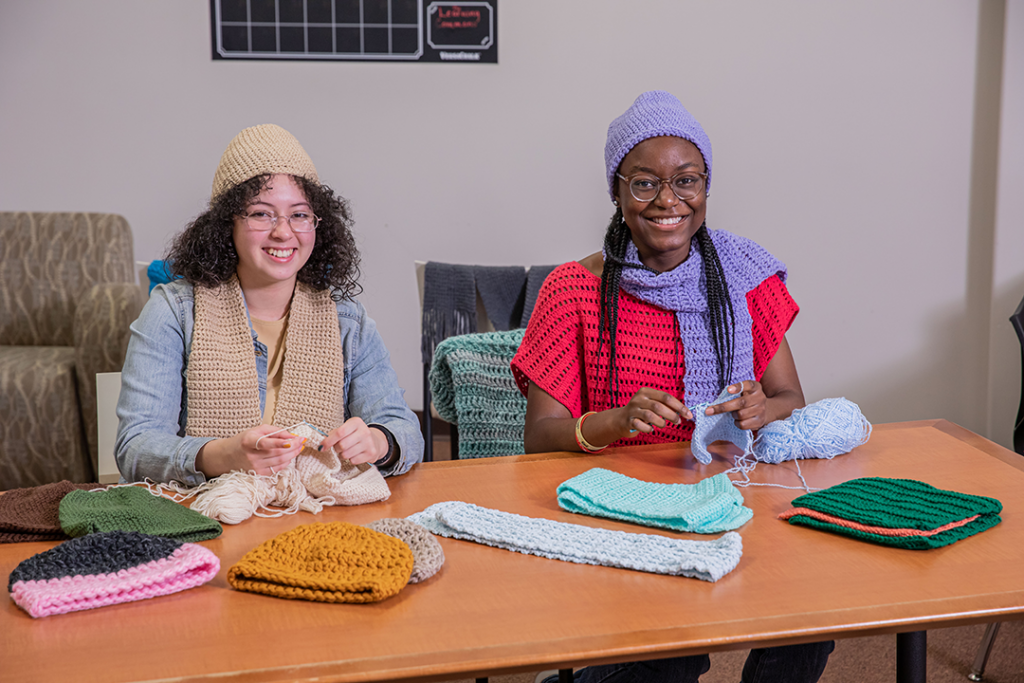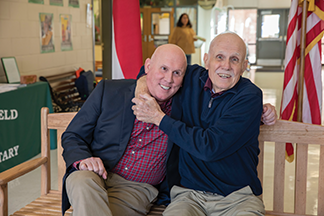Pockets of our communities remain illiterate despite access to education that was once reserved for a select few. How do we alleviate this problem? Science-based training methods hold the key.
Who should have the chance to learn to read effectively? Is this one of those opportunities that should only be provided to those who can afford it? What happens if you fail to learn to read the one way in which schools teach it? Are you just out of luck? These are some of the questions with which we are faced as a community if we want to provide individuals with a seat at the table.
When you consider the history of reading, it was once reserved for a few. Through the years, even though it has been a privilege offered to more people, there are still many individuals who are illiterate in our own community. Where can someone in our community go for help in learning to read? As a community, is it possible for us to join together to provide this opportunity to people who have a desire to become better readers?
Our students deserve the best opportunities available. With all we have learned about science-based reading, the information is there for the taking. We do not have to keep offering the same instruction over and over again when it does not work for every individual. The best gifts we can give our students are teachers who specialize in teaching students of all ages to read effectively. If our schools ensured that our teachers were trained in science-based training methods and became specialists in reading, we could reach more students and identify problems early on. Knowing how to assess and deliver appropriate instruction would change the trajectory of many students’ lives.
Effective literacy instruction should not be available only to those with the resources to pay for it. Effective reading instruction should be available to all citizens. When we consider the gaps in education, the gaps in economic mobility and quality of life, we must consider the literacy level of our community and find those who will step up to aid in giving all citizens the chance to read effectively.
“Literacy is a bridge from misery to hope.”
Former United Nations Secretary General Kofi Annan
Dr. Kim Coady is the former principal at East Newton Elementary School. She earned her bachelor’s, master’s and specialist’s degrees in early childhood education from Georgia College and State University and her PhD in Teaching and Learning: Language and Literacy at Georgia State University.
Click here to read more stories by Dr. Kim Coady.




